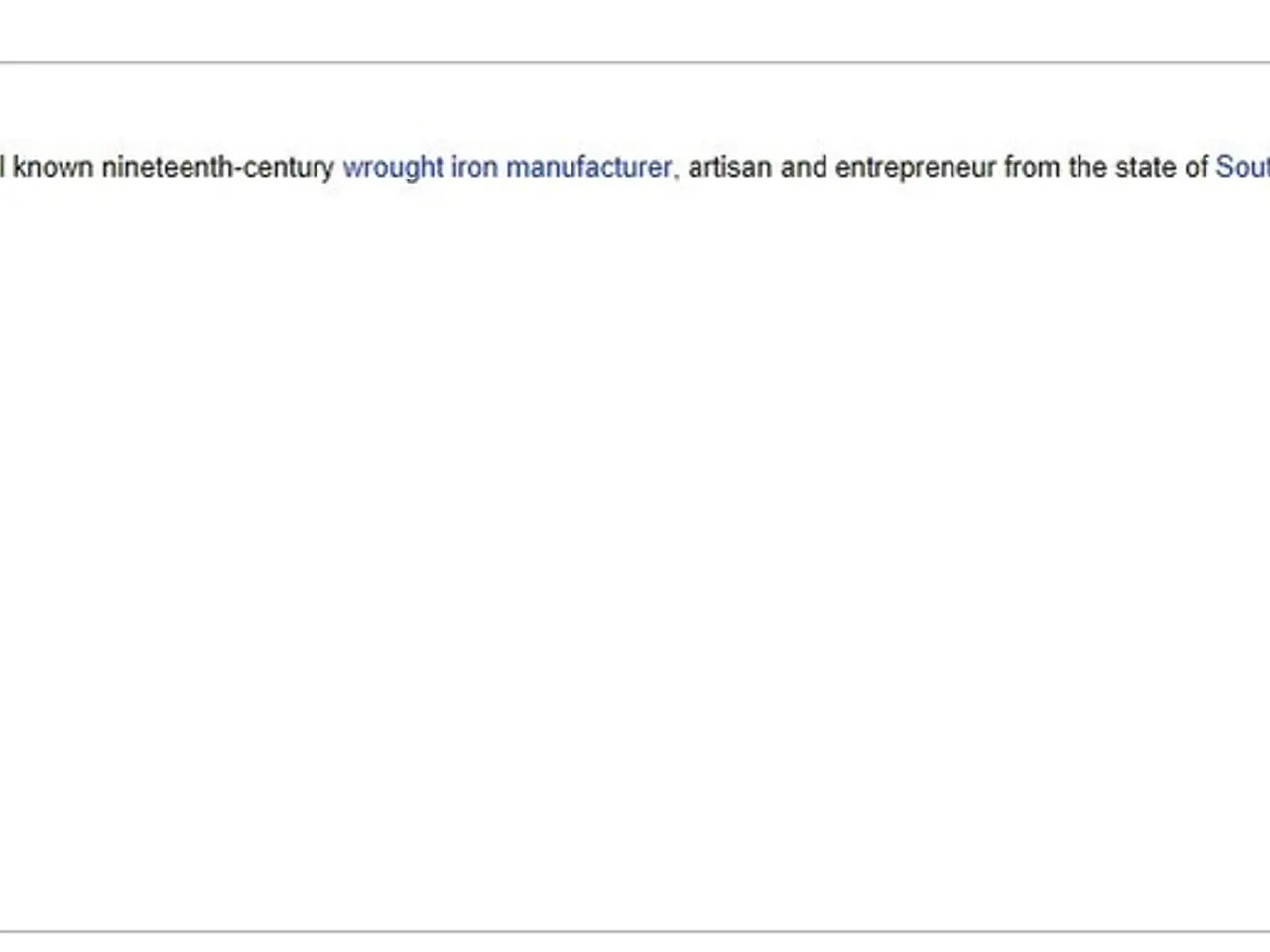Maintaining Controls at the Borders Remains Our Priority
In a recent announcement made by Federal Interior Minister Alexander Dobrindt in the podcast "Table.Today", Germany has revealed plans to extend its border controls beyond September 2025 and intensify deportations, particularly focusing on rejected asylum seekers from Afghanistan and Syria.
This decision marks a stricter migration approach by Germany’s coalition government, aiming to maintain order and reduce irregular migration. The extension of border controls will include both controls and repatriations beyond September, as part of the measures announced by the Federal Interior Minister.
The coalition agreement between the Union and SPD includes an agreement to deport to Syria as well as Afghanistan. This move comes amidst a precarious security situation in both countries, with Syria still experiencing instability even after the fall of long-standing ruler Bashar al-Assad. Afghanistan, too, has faced challenges following the takeover of power by the Islamic Taliban in August 2021.
The extension of border controls and the intensification of deportations represent a departure from the norm for Germany, which, as part of the Schengen area, typically provides open borders. This stricter approach has not been without controversy, leading to criticism in some neighboring countries.
The strengthening of border controls is not a new development for Germany. Hundreds of thousands of Syrians have fled to Germany since the beginning of the civil war in 2011, and in response, Germany had previously strengthened sporadic border controls at its external borders on May 8.
One example of these deportations is a joint charter operation in July 2022, which returned 81 Afghan nationals. This was the second such flight since the takeover of power by the Islamic Taliban in August 2021. The announcement of further deportations has also led to criticism, as it has been met with concerns from human rights groups about the security situation in these countries.
Despite these concerns, the planned deportations are intended for individuals who cannot and should not stay in Germany, specifically starting with criminals. The focus is on maintaining order and reducing irregular migration, despite potential breaches of asylum regulations and diplomatic backlash from neighboring countries.
The stricter migration approach, as announced by the Federal Interior Minister, falls under the policy-and-legislation category as it involves changes to the country's asylum and deportation policies. This move in politics, focusing on enhancing border controls and intensifying deportations, is a significant general-news item, given its implications for both Germany and the wider European Union.







